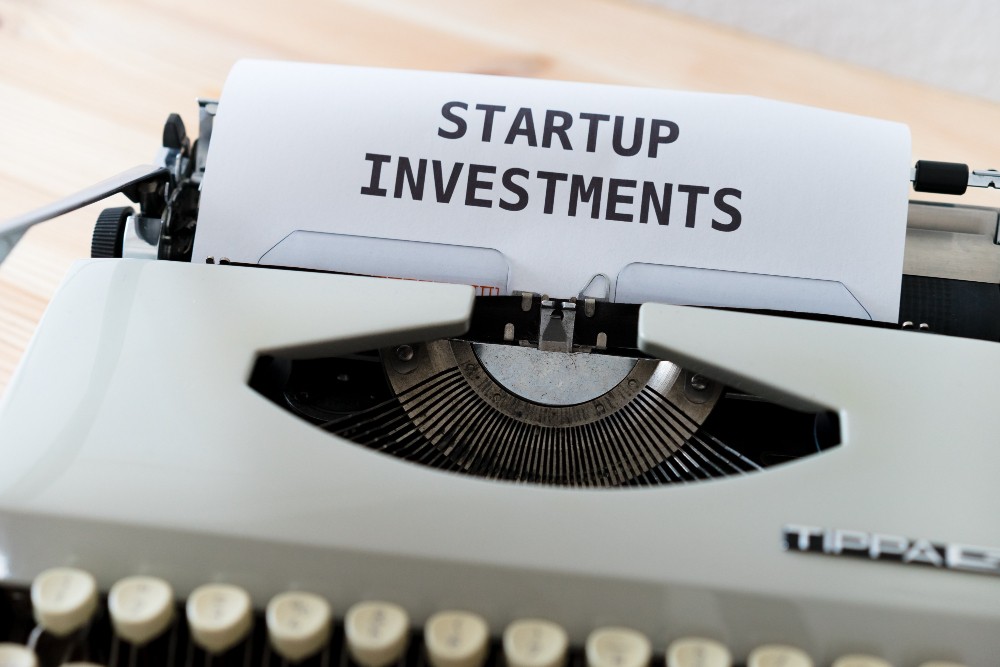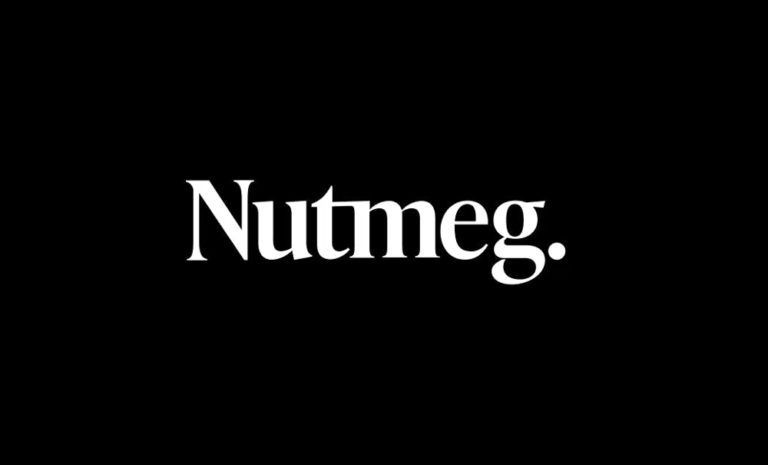What to look for when investing in your favourite brands
Money Talk is intended to inform and educate; it's not financial advice. Affiliate links, including from Amazon, are used to help fund the site. If you make a purchase via a link marked with an *, Money Talk might receive a commission at no cost to you. Find out more here.
Deliveroo announced rather quietly last week that it plans to become a publicly listed company with its shares traded on the London Stock Exchange (LSE) – to be fair, it was Budget week.
Before that happens though, Deliveroo customers will be given the chance to buy shares in the company – and if the launch is a success, they could make a fortune.
For regulatory reasons, the information currently available to prospective investors is restricted to those living in the UK – you can sign a disclaimer and access them here or via the Deliveroo app.
Of course, Deliveroo isn’t the only company to have offered shares to its most loyal customers.
Brewdog, for example, have offered several rounds of their Equity For Punks scheme to raise capital.
In return, investors get perks such as free beer and discounts in its pubs.
There are also plenty of restaurant investment opportunities on crowdfunding websites. Kickstarter currently has almost 4,000 of these listed.
Many offer perks, such as a discount on future spend, rather than a monetary return such as dividends or shares.
But what should you look for when considering investing in your favourite brands?
What it means for you…
Before you invest, first remember that no investment is 100% risk free.
If you’re still happy to invest then it’s time to look at the risks, as well as value for money.
This is by no means an exhaustive look at the things you need to consider but rather a gentle reminder that just because it’s your favourite brand, or a well known name, it doesn’t mean your investment will be risk free or offer a financial return.
Having shares in a single company is a bit like putting all your eggs in one basket – if the company fails, you’ll lose all your money. Being a well-known brand doesn’t necessarily reduce that risk.
As for value for money – assuming you’re in it for the financial gains rather than perks or political reasons – you’ll need to think about the potential return on investment.
This will depend on how the company performs (the value of your shares can go up or down), and whether they pay dividends.
To help you assess risk and value, the company should produce a comprehensive prospectus that includes things like its aims and objectives, financial performance to date, as well as some of the reasons why it might fail.
If the company doesn’t pay dividends, thinking about the company in the context of its industry and the market in general might be more important.
At the IPO stage, you’ll also want to compare the company’s market capitalisation (what it’s valued at) against its profit and loss and future projections to see whether the shares might be over or undervalued.
For crowdfunding, it’s obviously a bit different – you’re generally getting a perk for your investment, rather than a share of the company that you can sell at a later date.
In this instance, you should think of it more like a pre-order, rather than an investment.
To see whether it’s worthwhile, you’ll have to work out the value of prospective discounts vs the sum of your investment, and take into consideration how likely you’re going to maximise the uptake of those perks.
Is 10% off your next meal when the restaurant is 100 miles away worth it, for example. And what if the restaurant fails before you get there?






